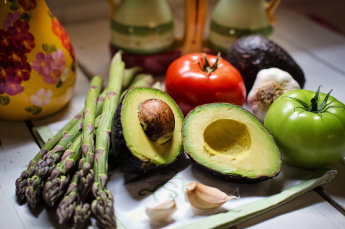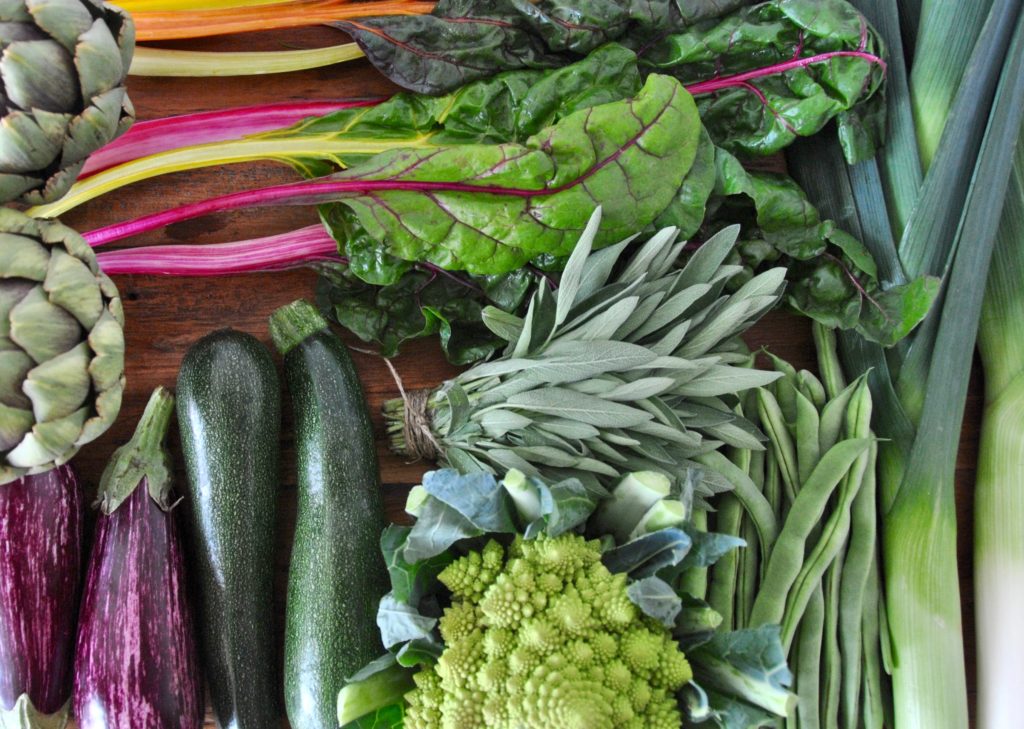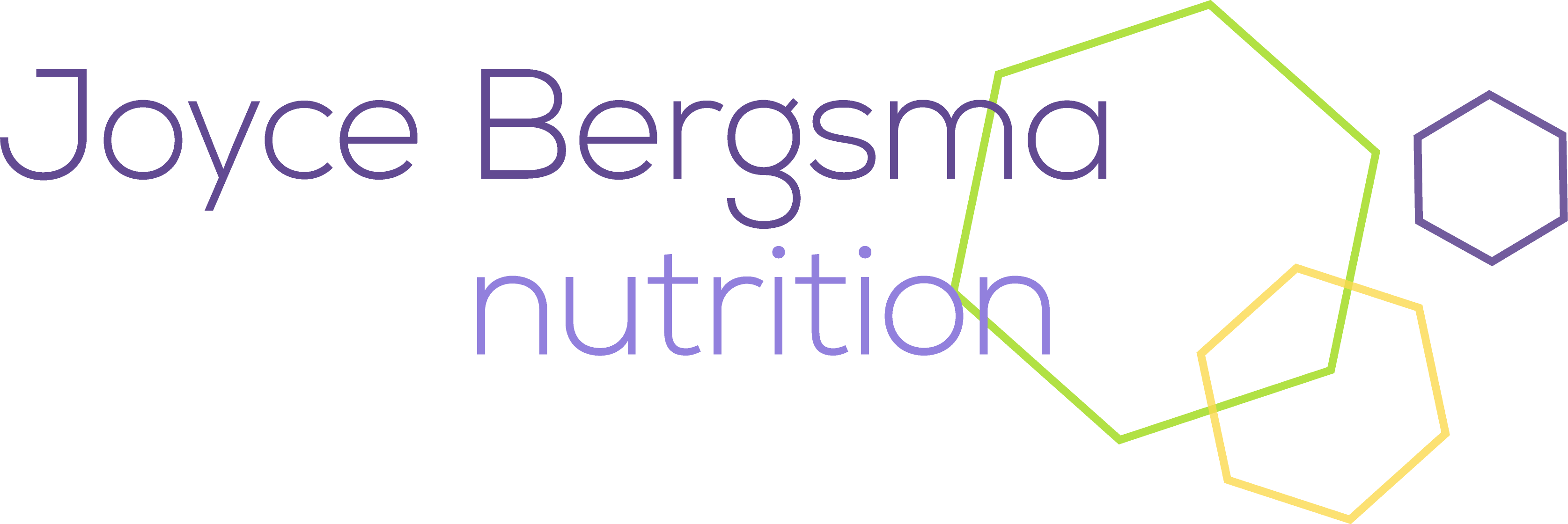
STOP THE PRESSES!
Sometimes when I read about nutrition advice posted in the news, I have to cringe at the advice given. It’s often given by people who have very little training, are not up to date on the latest research, or who have cherry picked what they liked from what they read.
We need to understand that it’s not black and white; what fits for you might be unhealthy for someone else. We all have a unique physiology, influenced by our environment in the womb, as a child and today.
However, I have to say that the Daily Mail has outdone itself and gotten together some of my colleagues that are giving very balanced advice. 😁 The article gathers together seven people who work in nutrition, with varying degrees of experience. All in all, what they are saying is relatively balanced. Below, I outline the take homes, with a few comments of my own.

Sound nutrition advice
So what is the long and short of it??? Here’s a summary of what these women advise us to eat.
- Support your gut flora by feeding them lots of fibre (that is also rich in nutrients) says Megan Rossi
- Take antibiotics as little as possible or they will kill your healthy gut flora
- Eat 30 different plant foods per week, but ideally 10 per day🥑🥦🥬🥒🌶🍆🍅🍠 say Megan Rossi, Jane Clarke and Jacklyn Coldwell-Collins
- Always eat vegetables at breakfast when your metabolism is most active
- Cruciferous vegetables (🥬🥦) may affect some people’s thyroids if eaten raw in large quantities so steam them to neutralise the effect (Joyce Bergsma’s addition)
- Eat fermented foods and sprouted seeds to feed your gut flora and maximise nutrient intake (https://joycebergsma.com/workshops)
- Eat no more than 2-3 portions of fruit per day (due to the sugar content) and focus on vegetables instead says Amelia Freer.
- Eat wholefoods, not low fat, as you will miss out on nutrients and likely be eating too much sugar (as they add it to improve the flavour).
- Monitor your movement. When you are aware of how little (or how much) you move, it’s much easier to challenge yourself and improve it.
- Focus on quality supplements advises Henrietta Norton. If you buy the cheapest you may be buying synthetic, hard to absorb nutrients that won’t give you the health outcome you want.
- Don’t graze during the day, so you give your body a rest (also from inflammation).
- Sleep is CRUCIAL to your health and impacts our hormones, brain health, metabolism and blood sugar. Your body repairs and your mind stores memories and helps you function well.
- Fats are so important to feeding your brain, reducing inflammation and keeping you a healthy weight (it’s true Jane Clarke!). The type of fat is important though so focus on oily fish, olive oil, nuts and seeds and avocadoes and throw away the vegetable oils (sunflower, corn, soy and others). Instead use coconut oil, macadamia nut oil or ghee to cook.
- Avoid fast food where possible; the trans fats are damaging to your cells and lead to serious health problems.
- Coffee may be beneficial for people trying to prevent dementia Jane adds. It helps make your blood vessels dilate and contains antioxidants that may help lower inflammation. Of course, organic black coffee would be the best option and you need to take your individual circumstances into account.
- Eat until you are no longer hungry. Not until you’re full, but until you don’t feel hungry. Know the difference? It’s time to start paying attention.
- Cook and prepare your own food advises Dee Brereton-Patel. This means you have control and know exactly what goes into it and are likely getting more nutrients. Smelling the food while it cooks stimulates digestion and eating communally is good for mental health and community. We live longer when we eat quality food with people we love.
- Periods of fasting may be beneficial for most people. This gives your body a break, follows a circadian rhythm and may help reset your body. Amanda Hamilton points out that it can lower inflammation, improve insulin sensitivity (you want that), lower triglycerides and keep you a healthy weight.
**I would like to offer just one caveat; the advice Megan Rossi gives is to not cut out carbs. What she means is that you shouldn’t cut them out 100%. Otherwise you would miss out on a lot of nutrients. She includes grains, which definitely have a lot of great nutrients, especially for the gut, and she advocates variety – fantastic. HOWEVER, for some people, there are very good reasons to cut DOWN on carbs (epilepsy, neurological issues and weight management). Again, it depends on your needs and it’s easiest to figure this out with a professional who can guide you.
You can read the full article here in the Daily Mail.

